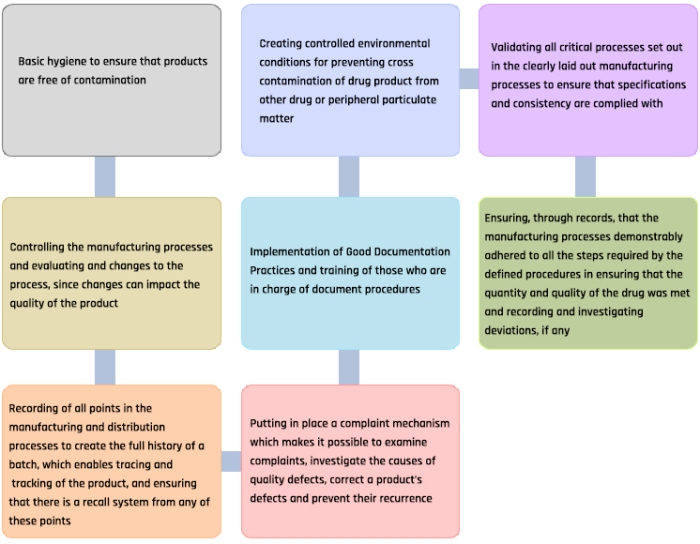Article on “A Tour of the FDA”
A tour of the FDA is something like a snapshot of what the FDA does. The importance of the FDA can never be understated: It regulates products from the proverbial pin to airplane in the food, medical devices, pharma and healthcare industries, which touch almost every aspect of American lives. The products that the FDA regulates account for about a trillion dollars, which make up about a quarter of all goods traded in the US.
So, what is a tour of the FDA like?
A tour of the FDA helps to get a broad understanding of the this regulatory body and get some idea of the various departments it has, as well as the functions of these departments. To get an understanding of what the FDA does, a reference to its mission statement could give some direction:
"(The) FDA is responsible for protecting the public health by assuring the safety, efficacy and security of human and veterinary drugs, biological products, medical devices, our nation's food supply, cosmetics, and products that emit radiation." This is just the opening line of the FDA's mission statement. Reference to its other statements, which have now included a reference to containing terrorism, will serve as a good guide to a tour of the FDA. In short, the FDA regulates nearly every item used and consumed by the American public.
The history of the FDA
The legal sanction for carrying out its mission is mandated by the Federal Food, Drug and Cosmetic Act (FD&C Act). An amazing fact that a tour of the FDA reveals is that it is one of the oldest regulatory bodies in the world, with its earliest jurisdiction having covered regulation of drugs in the year 1848. The Department of Agriculture, to which President James Polk appointed noted chemist Charles Wetherill, can be considered the earliest endeavor to regulate medical products of daily use in the US.
How is the FDA organized?
A tour of the FDA is incomplete without a reference to the way it is organized. Its structure consists of this hierarchy:
- Office of the Commissioner
- Office of Foods and Veterinary Medicine
- Office of Global Regulatory Operations and Policy
- Office of Medical Products and Tobacco
- Office of Operations
Under these broad heads, a tour of the FDA shows the way into which it is divided into several offices and organizations. Important among these include:
- Office of Regulatory Affairs (ORA)
- Center for Food Safety and Applied Nutrition (CFSAN)
- Center for Drug Evaluation and Research (CDER)
- Center for Biologics Evaluation and Research (CBER)
- Center for Devices and Radiological Health (CDRH)
- Center for Devices and Radiological Health (CDRH)
- National Center for Toxicological Research (NCTR)
Labels: fda audit, FDA Compliance courses, fda guidelines, FDA regulatory training, FDA requirements, FDA Warning Letters, FDAs mission statement, Food and Drug Administration












